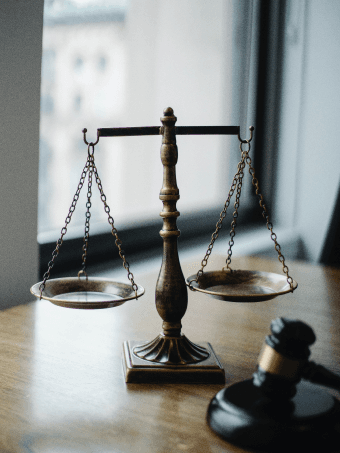Intellectual property rights are crucial for any business, as they are directly connected to brand success. A brand is what resonates with customers, signaling the proposition, quality, price, and trust associated with a given product/service. In other words, the brand is the main vehicle for distinguishing from others and achieving a competitive advantage. IP rights offer an effective mechanism for protecting the uniqueness of this vital asset of any business. Trademark and copyright are both forms of intellectual property, such as designs, artistic works, symbols, names, and images used in commerce. However, there is a difference in what kind of intellectual property trademarks and copyrights protect, and how they can be registered.
Copyright
Copyrights are most commonly associated with creative assets such as:
Poetry
Novels
Other forms of original writing
Art
Research
Movies
Songs
Other forms of audio and video materials
Their main purpose is to prevent unauthorised copying and adaptation of the original creation. An example can be made of the copyrights issued for a movie that prevents others from copying and broadcasting the movie.
Unlike most other intellectual property rights, you don't have to apply for copyright and there is no official register of copyright holders. You automatically get copyright protection when you create an original piece of creative work. You can mark your work with the copyright symbol (©), your name, and the year of creation. Whether you mark the work or not doesn’t affect the level of protection you have. Additionally, Creative Commons offers free copyright licenses that allow you to mark your creative work with the freedoms you want it to carry.
Trademark
The main purpose of trademark registration is to protect distinctive brands from any infringement attempts, ensuring that their image and reputation gained from the customers remain associated solely with the original brand. As a result, trademarks are well suited for the protection of:
Brand names
Logos
Product names
Slogans
Contrary to copyright, an appropriate level of trademark protection requires official registration. This process consists of multiple steps:
conducting prior trademark search, to check the availability of the trademark you want to register by searching for any similar trademarks in the database;
sending details of your trademark and the goods or services you want to use your trademark on to the Intellectual Property Office (IPO);
waiting until your trademark undergoes formal examination (in which the appointed representative of the intellectual property office evaluates the formal aspects of the application), which can take up to 5 months.
Copyright or Trademark? Which one is right for you?
When it comes to choosing between the most suitable form of intellectual property rights protection, it is always important to start with the assessment of what are you trying to achieve. Copyright serves mainly to ensure the protection for the creators of original, artistic works, while trademark protects the uniqueness of distinctive brands. Therefore, if you are looking to protect your artistic creations, copyright would be more than enough. But if you want to protect a brand, product name, product logo, or slogan, you should consider registering a trademark


